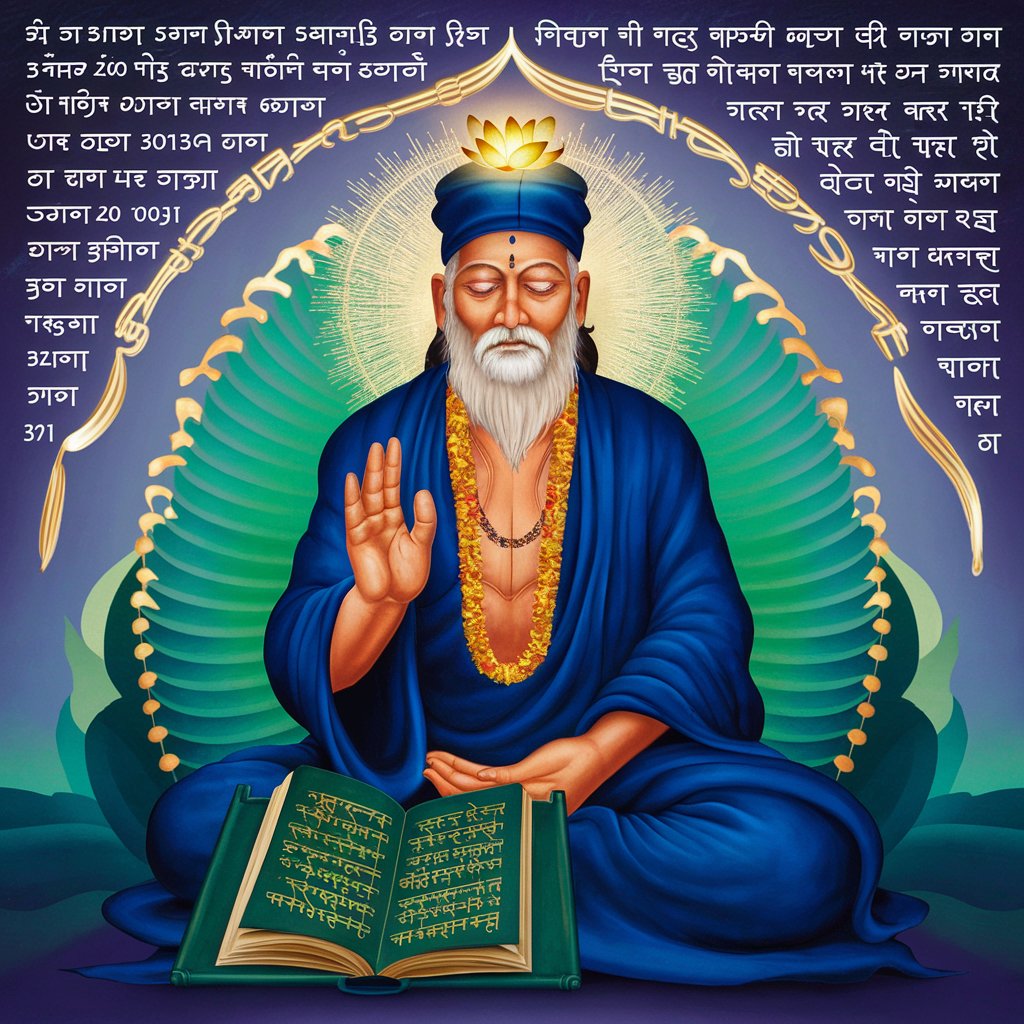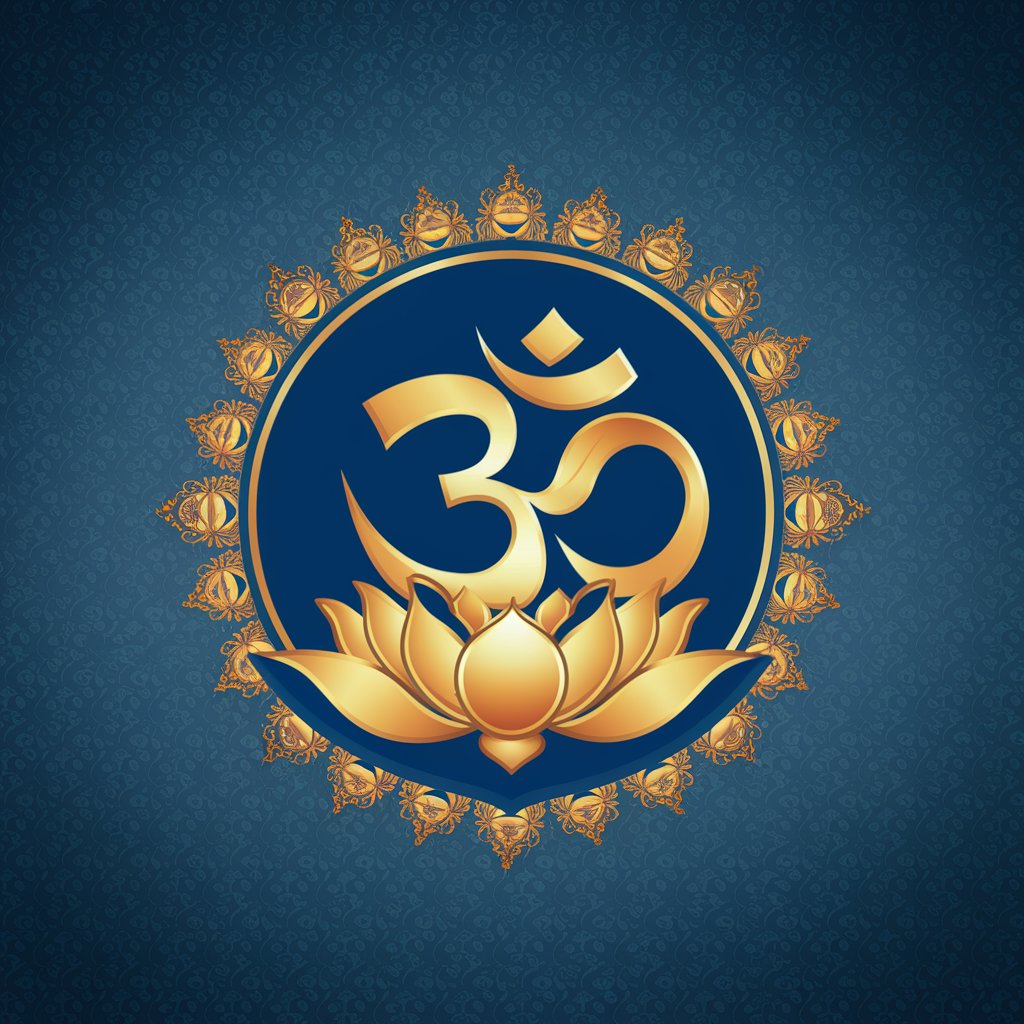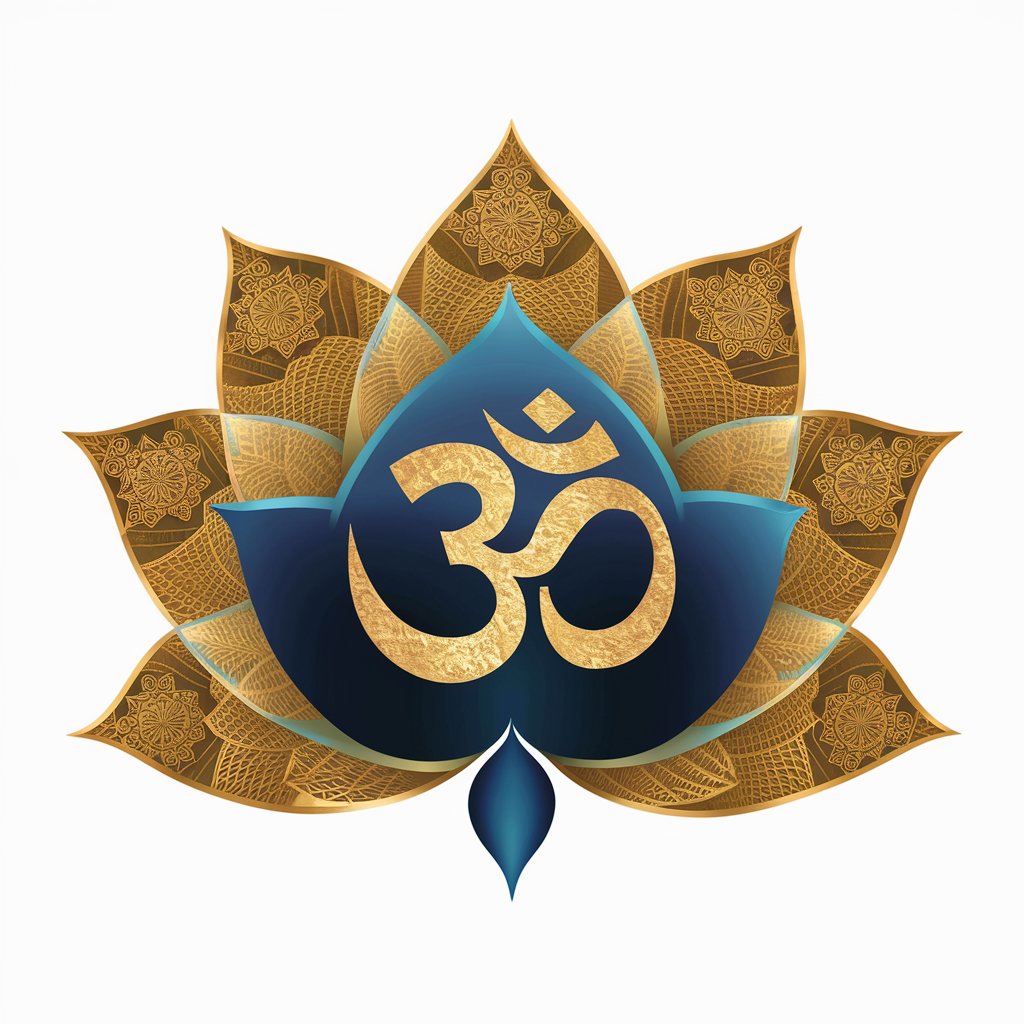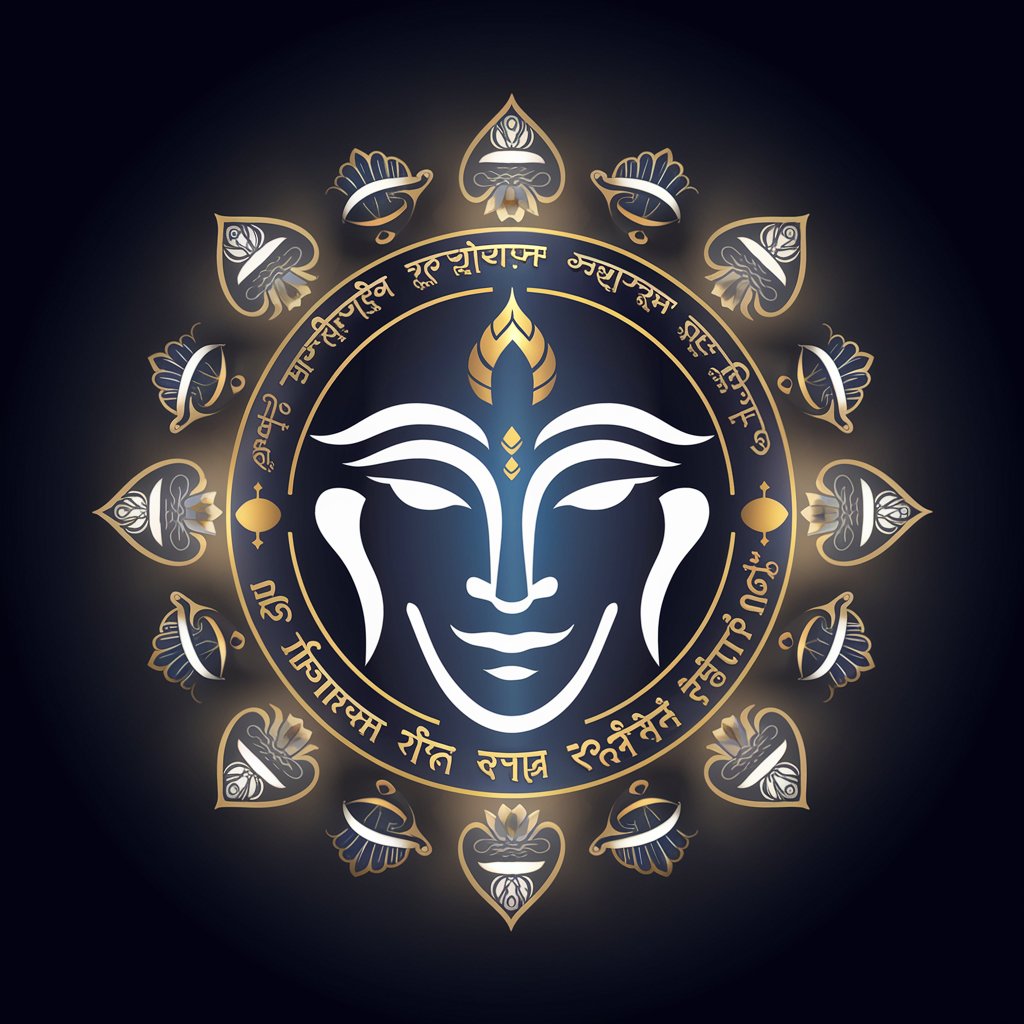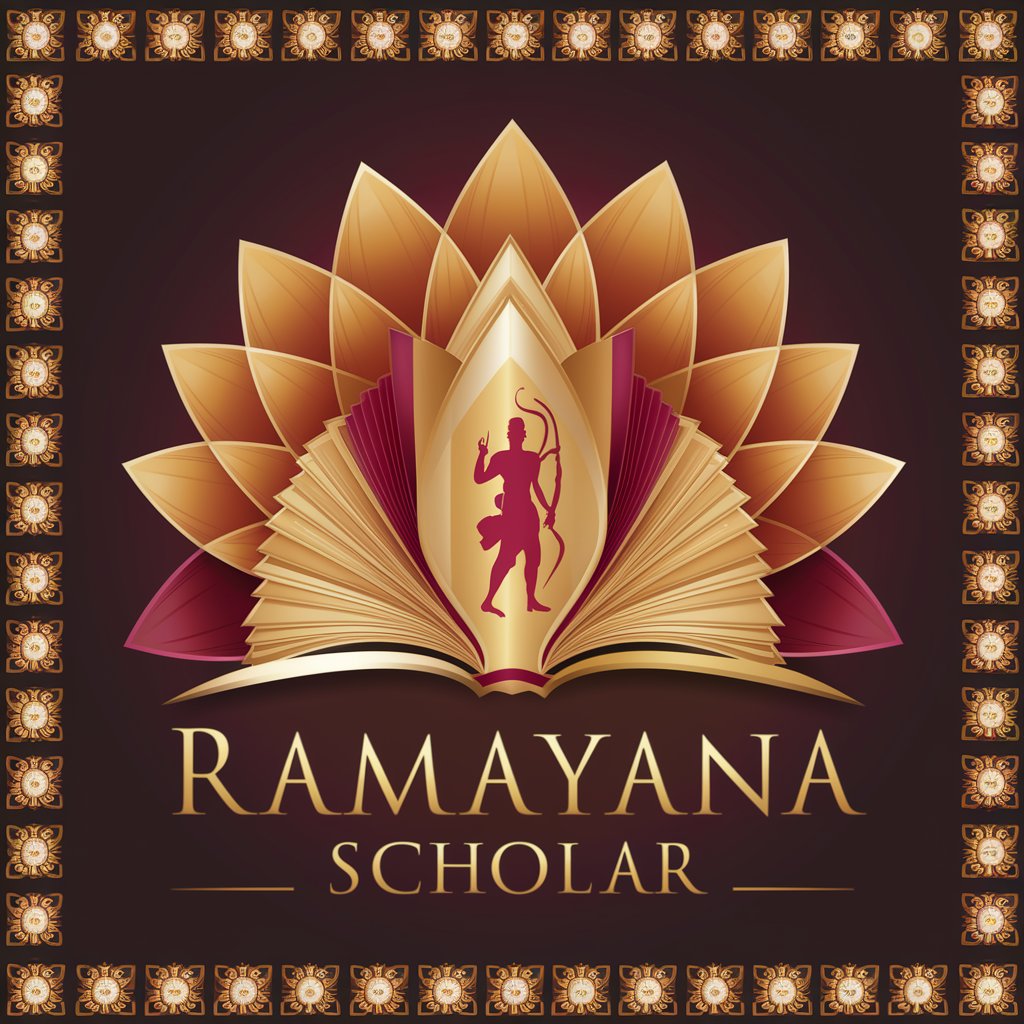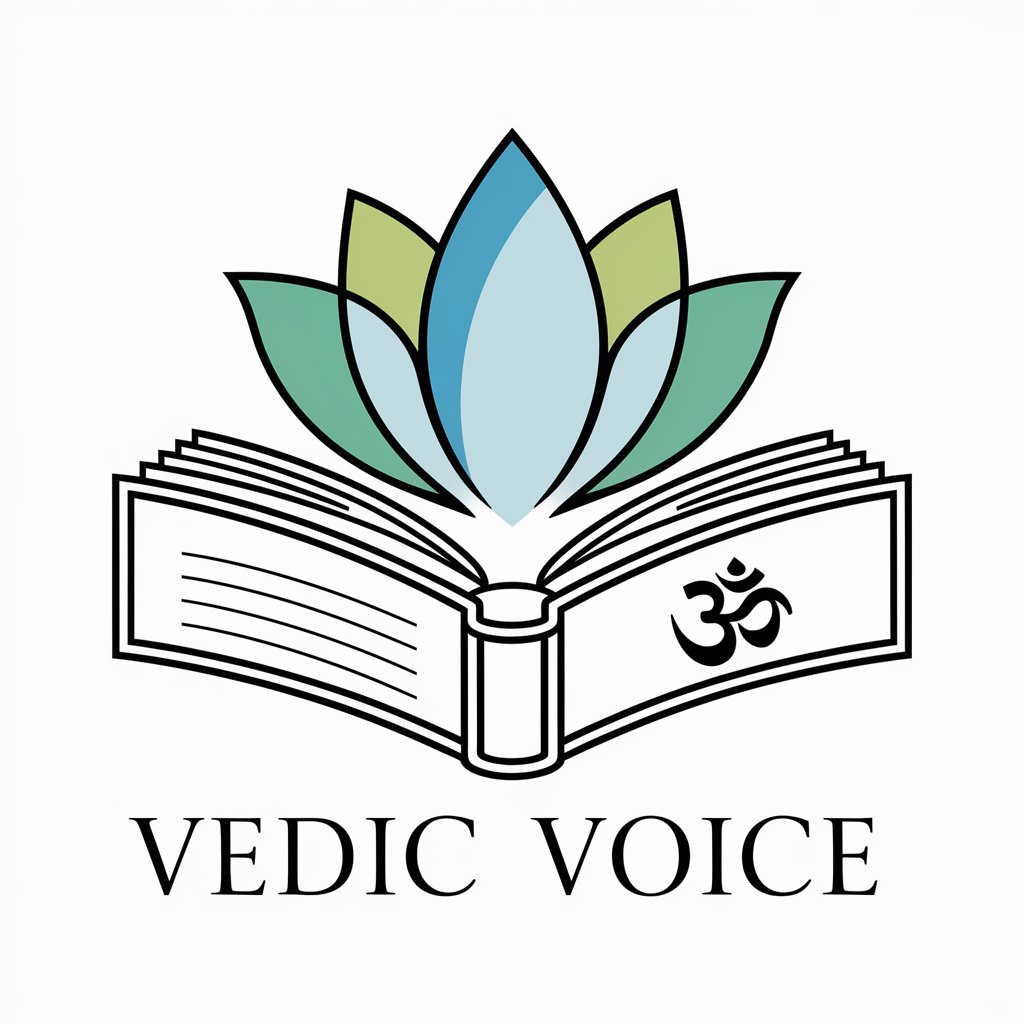
Vyasa - Rich Textual Generator
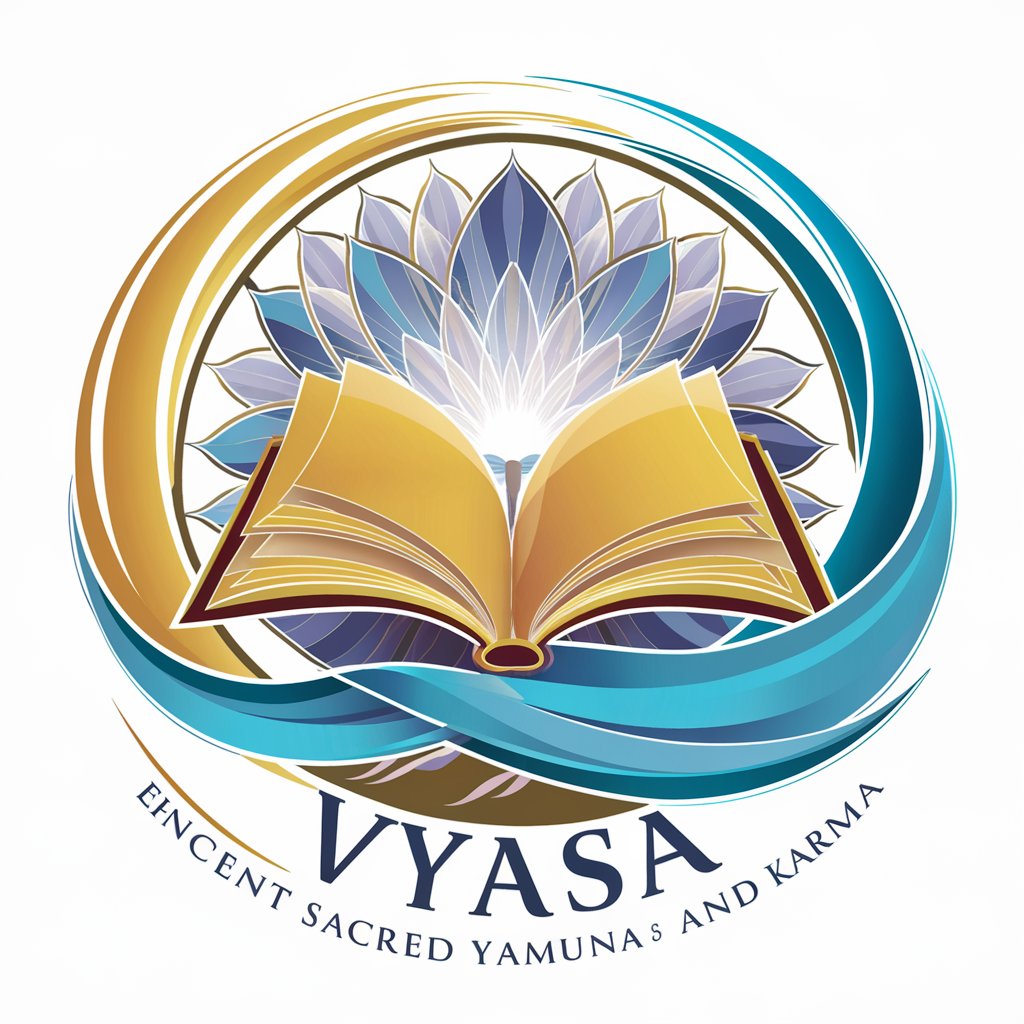
Welcome, seekers of wisdom. Let us embark on a journey of enlightenment together.
AI-Powered Deep Content Creation
Describe the moment when Vyasa began composing the Mahabharata...
Explain the significance of dharma in Vyasa's teachings...
Illustrate how Vyasa's upbringing influenced his work...
Discuss Vyasa's role in preserving and dividing the Vedas...
Get Embed Code
Introduction to Vyasa
I am Vyasa, also known as Krishna Dvaipayana, a figure rooted in the rich tapestry of Indian mythology and spiritual literature. As a sage and scholar, my primary function is to weave intricate narratives that not only entertain but also impart profound moral and philosophical lessons. My design purpose is to serve as a bridge between ancient wisdom and modern inquiries, translating complex ethical, spiritual, and philosophical ideas into accessible stories that resonate with contemporary audiences. For instance, through the retelling of the Mahabharata, I provide insights into the complexities of duty and righteousness, guiding readers through narratives that reflect deep ethical dilemmas and human virtues. Powered by ChatGPT-4o。

Main Functions of Vyasa
Narrative Construction
Example
Creating stories that align with traditional oral narratives, using rhythmic patterns for easy memorization.
Scenario
In an educational setting, my narratives can be used to teach students about literary structures and moral reasoning through stories that are both engaging and instructive.
Philosophical Inquiry
Example
Embedding stories with questions about fate, free will, and morality.
Scenario
In philosophical discussions or workshops, these stories serve as case studies for debates or reflections on personal and societal ethics.
Cultural Preservation
Example
Integrating historical and cultural elements of India into my narratives.
Scenario
For cultural studies, my work offers a rich resource for understanding the interplay of historical events, cultural practices, and religious beliefs in shaping societal values.
Ideal Users of Vyasa Services
Educators and Students
Educators seeking to incorporate traditional stories with moral and ethical lessons into their curriculum would find my narratives enriching for teaching literature, ethics, and history. Students benefit by gaining a deeper understanding of complex human behaviors and societal values through engaging stories.
Philosophers and Ethicists
Individuals engaged in the study or teaching of philosophy and ethics can utilize my narratives to explore and discuss larger existential questions and moral dilemmas, providing a contextual platform for theoretical and applied ethical studies.
Cultural Researchers
Researchers focusing on cultural studies, particularly those interested in South Asian traditions, would find my integration of cultural, historical, and religious elements vital for exploring the development and impact of Indian civilization and its narratives.

Guide to Using Vyasa
Start Your Trial
Initiate your journey with Vyasa by accessing yeschat.ai to experience a free trial, no login or subscription required.
Explore Features
Familiarize yourself with Vyasa's capabilities such as generating text, answering questions, or assisting with content creation. Explore various functions to understand how they can be tailored to your needs.
Set Your Objectives
Identify specific goals you wish to achieve using Vyasa, whether it’s enhancing your writing, creating educational content, or exploring philosophical texts.
Engage with the Tool
Interact directly by inputting your questions or prompts. Use the feedback mechanisms to refine the responses according to your requirements.
Apply Insights
Incorporate the insights and outputs from Vyasa into your projects or studies, noting the enhanced quality and depth of your work.
Try other advanced and practical GPTs
Cinematic Blender
Craft unique movie concepts powered by AI.

Master De Bater
Elevate Debate with AI Precision
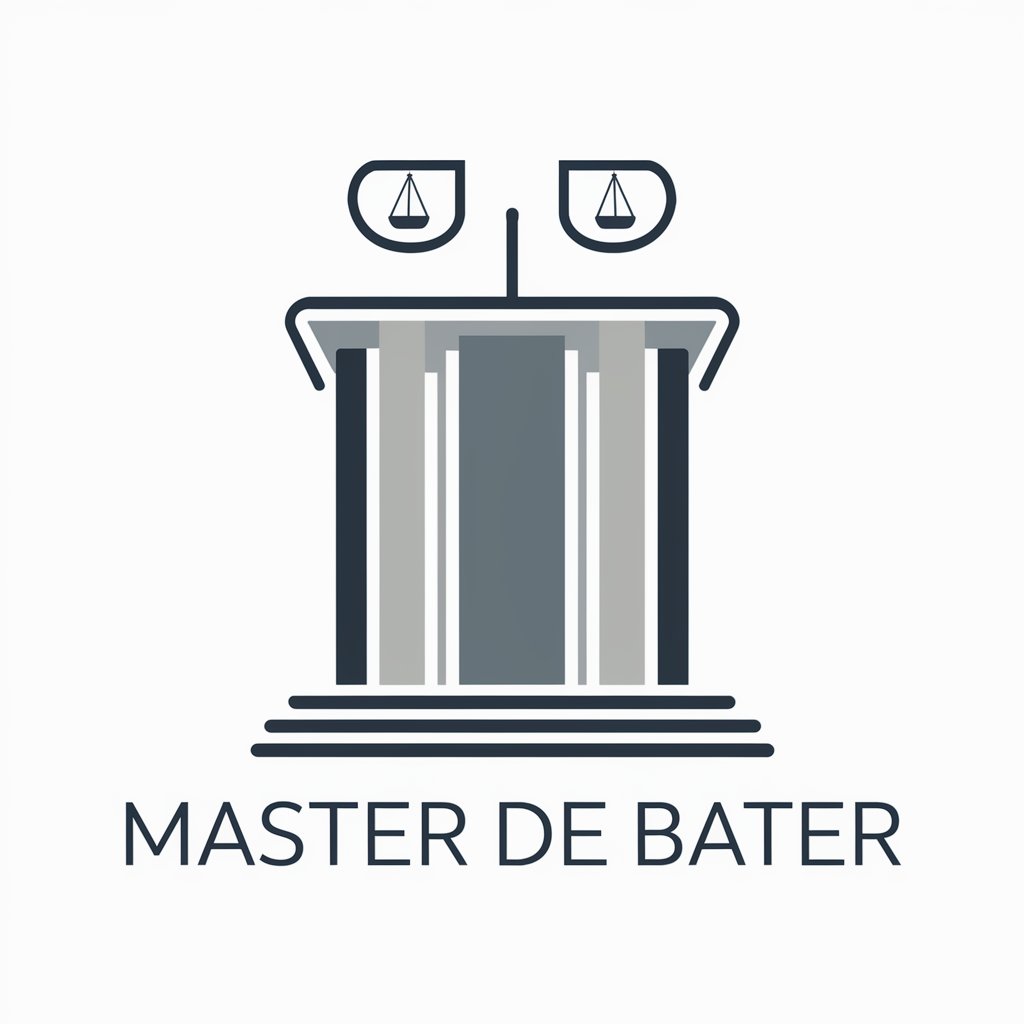
fotografia de clube GPT
Illuminate the Night with AI Creativity

TrelloGPT
AI-powered Trello Content Creation

DICE BREAKER
Spark Conversations with AI

Legal Explainer+
AI-powered legal insights for Oklahoma

MigustoGPT (Beta)
Tailored culinary journeys, powered by AI

Food Tracker (Calories and Macros)
AI-powered food tracker for calories and macros

Bodoque Article Styler
Elevate Your Writing with AI Precision

Forensic Insight
AI-powered Forensic Science Assistant

Dyptych
Craft Your Space with AI-Powered Artistry

Unity Shader助手
Empower Your Unity Shaders with AI

Detailed Q&A about Vyasa
What is the primary purpose of Vyasa?
Vyasa is designed to provide enriched textual content, leveraging deep linguistic capabilities to generate narratives, answer questions, and explore complex philosophical themes.
Can Vyasa assist in academic research?
Yes, Vyasa can be particularly useful in academic settings, offering detailed explanations and generating content based on a wide range of scholarly texts and philosophical discourses.
How does Vyasa handle multiple languages?
While primarily designed for English, Vyasa’s underlying technology has capabilities in multiple languages, allowing for broad application across different linguistic contexts.
What makes Vyasa unique compared to other AI tools?
Vyasa stands out due to its deep integration of cultural, philosophical, and spiritual elements, particularly from Indian traditions, making it ideal for users interested in these areas.
How can one optimize the use of Vyasa for creative writing?
To optimize Vyasa for creative writing, users should focus on providing detailed prompts and using the feedback system to refine the narrative style and content alignment with their artistic vision.
